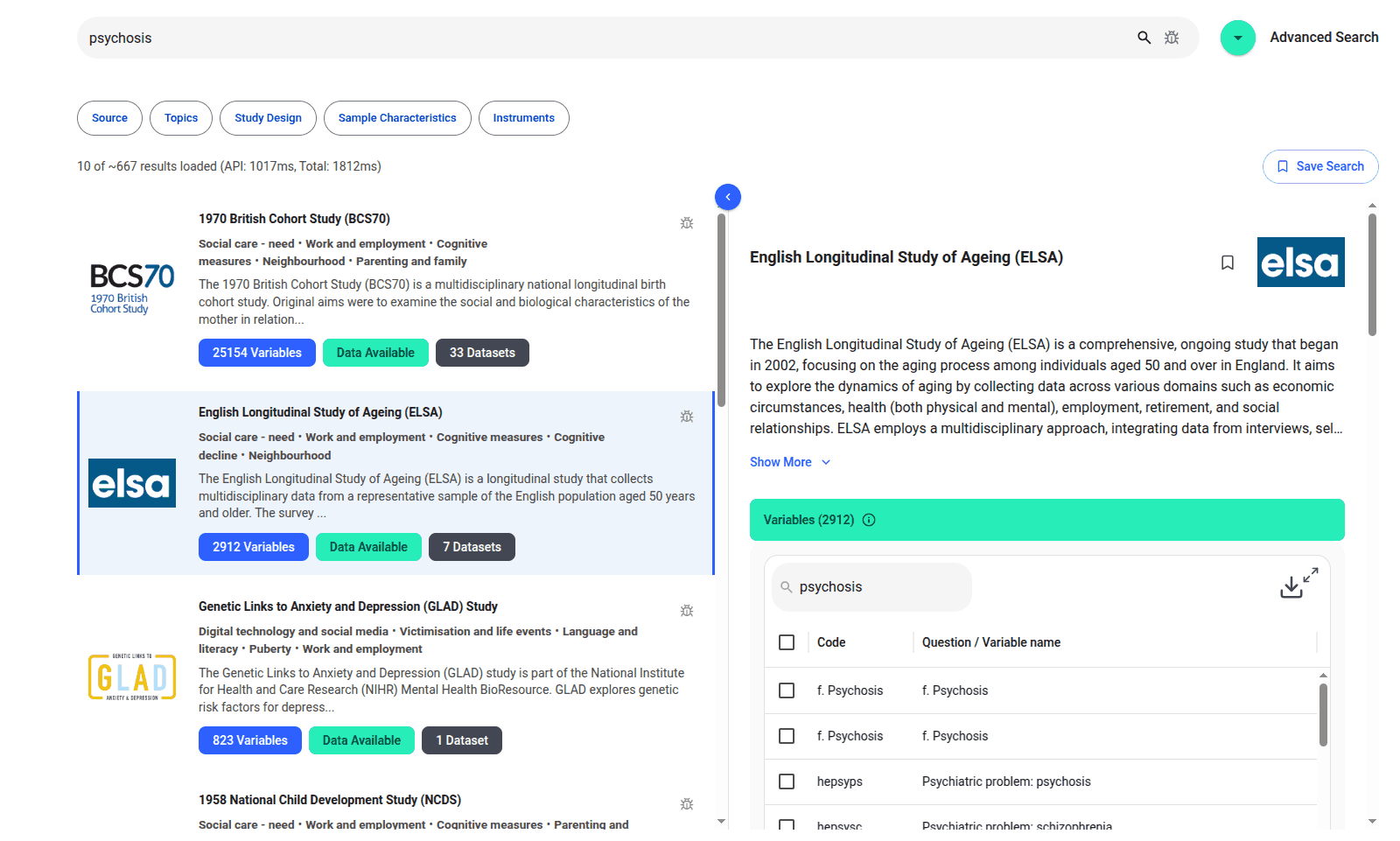
You may have had the experience of filling out a long form on a website. For example, creating an account to make a purchase, or applying for a job, or renewing your car insurance.
A long form can lead to customers losing interest and taking their business elsewhere. Each additional field can result in up to 10% more customers dropping out instead of completing the form.

If you have a business with a form like this, one reason why you’re not able to simplify your form is because the data you are requesting is valuable.
Fast Data Science - London
There are lots of ways to address the problem, such as improving the design of the form, or splitting it across multiple pages, removing the “confirm password” field, and so on. But it appears that most fields can’t be removed without inherently degrading the data you collect on these new customers.
However with machine learning it’s possible to predict the values of some of these fields, and completely remove them from the form without sacrificing too much information. This way you gain more customers. You would need to have a history of what information customers have provided in the past, in order to remove the fields for new customers.
If you are interested and would like to know more please send us a message.
For an example of how data can be inferred from an unstructured text field please check out our forensic stylometry demo.
Ready to take the next step in your NLP journey? Connect with top employers seeking talent in natural language processing. Discover your dream job!
Find Your Dream Job
We are excited to introduce the new Harmony Meta platform, which we have developed over the past year. Harmony Meta connects many of the existing study catalogues and registers.

Guest post by Jay Dugad Artificial intelligence has become one of the most talked-about forces shaping modern healthcare. Machines detecting disease, systems predicting patient deterioration, and algorithms recommending personalised treatments all once sounded like science fiction but now sit inside hospitals, research labs, and GP practices across the world.

If you are developing an application that needs to interpret free-text medical notes, you might be interested in getting the best possible performance by using OpenAI, Gemini, Claude, or another large language model. But to do that, you would need to send sensitive data, such as personal healthcare data, into the third party LLM. Is this allowed?
What we can do for you